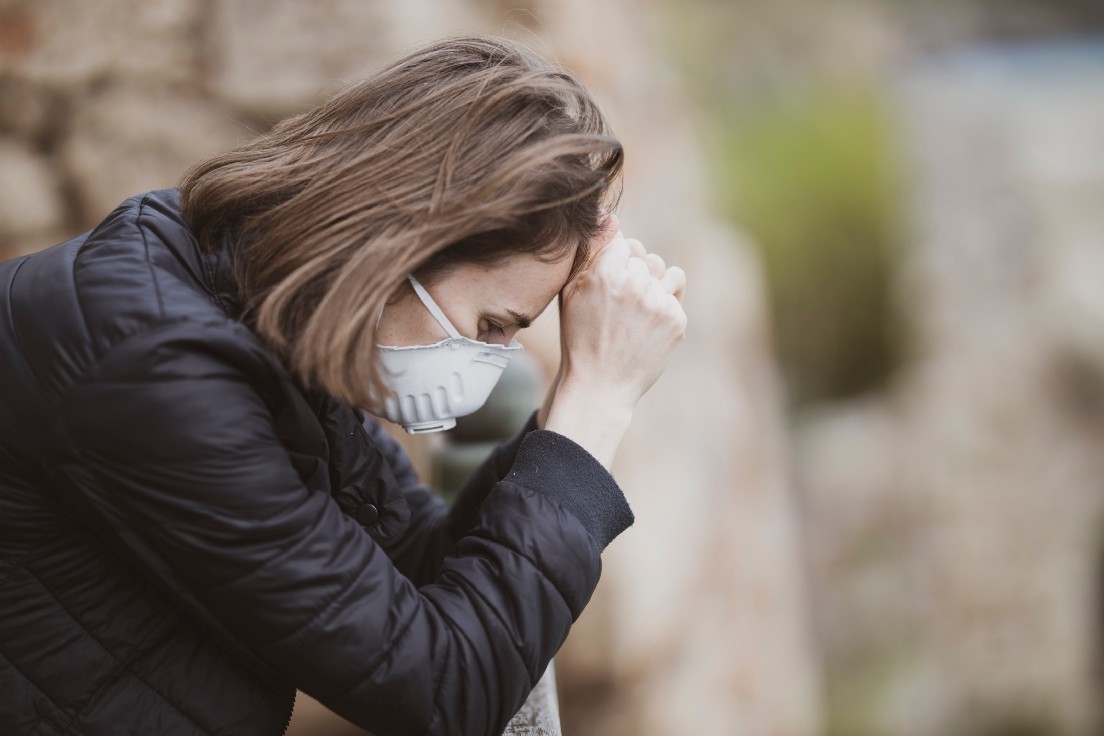Medium published my new article “What Coronaphobia Tells Us about Human Nature”
Fear kills. As COVID-19 continues spreading and the appalling death toll in America and the world rises, the fear of the unknown is causing extreme anxiety — “coronaphobia.” US physicians are worried about additional deaths occurring as a large number of patients with life-threatening conditions have stopped seeking treatment at hospitals because they are afraid of contagion. There is much more to this new phenomenon than it seems. It reflects a fundamental change in human nature, a new perception of social interaction that the pandemic has triggered. We need to become more aware of this change in order to adjust to it properly.
Now is the time to realize that we are one interconnected and interdependent humanity and to strive to preserve the sense of integrality that the current crisis has taught us.
Our lifestyles and habits have changed dramatically, perhaps forever, as a consequence of the coronavirus. Those with obsessive compulsive disorder now see similar behaviors on a widespread level as people avoid personal contact, handshakes, touching stuff that is not theirs, and constantly wash their hands to prevent contracting the disease. Many are anxious to leave home and expose themselves to the non-sterile outside world unless they have no choice and are equipped with masks and all the necessary protective gear.
What manifests on the surface as an irrational fear of the illness is symptomatic of a shift in human perception in life priorities at a deeper level. Without question, treating the illness should not be delayed or avoided out of fear, but this recent human tendency to turn inward arises for a reason.
This huge world upheaval has opened up before our eyes. The epidemic has slowed our pace, forced us to stop and think twice about the relevance of our endless quest for pleasures. We have realized that the obsessive pursuit of indulgence at all cost is our real trap, since as soon as a desire is fulfilled, a new and bigger desire arises. Thus, we have constantly fallen into the same vicious cycle of emptiness and lack of meaning in our lives.
In our new reality, sitting at home has started to become a habit, a second nature. What was first perceived as being in prison, trapped in a stressful set-up, suddenly feels comfortable and safe. Of course, it is impossible to generalize and say everyone feels this way or relates to it. Nor is there an interest in pushing anyone in that direction, but the trend does indicate that a transformation in the way we relate to and live our lives has occurred.
Occupations have also changed compared to previous generations. We are rapidly moving our jobs into the virtual space — an easy way to connect with people without physical and geographic boundaries. Even though we are still used to physical contact, we are increasingly realizing that the benefits of working from home pay off in many ways — more quality time with the family, fewer long and tiring commutes, and financial savings in lower office overhead costs.
However, the stage we are now in is not our final destination. The virtual space is only a way station in the transition from existence in the physical world to a more inner, introspective world. The sooner we begin to feel ourselves as an integral part of a global virtual space, the deeper our internal connection will be. That kind of connection refers to the unity of the hearts which is not measured by the number of physical interactions we have in the corporeal world.
In a nutshell, the virtual reality the pandemic has moved us toward is the preparation for the establishment of a more internal, integral society, an integral connection. In this new world, we will need to learn to connect above our differences, and create meaningful connections alongside engaging in business and livelihood activities.
This is the stage that the human race needs to implement now. We need to grasp the elements and means of this new reality and learn to use them to foster better human relations. Now is the time to realize that we are one interconnected and interdependent humanity and to strive to preserve the sense of integrality that the current crisis has taught us.
Our only requirement is to strengthen our inner connection to create an integral society between us that is based on the principle of “love covers all crimes,” as our sages wrote. Such an environment will dispel all phobias, uncertainty and anxiety about the future.


No comments:
Post a Comment